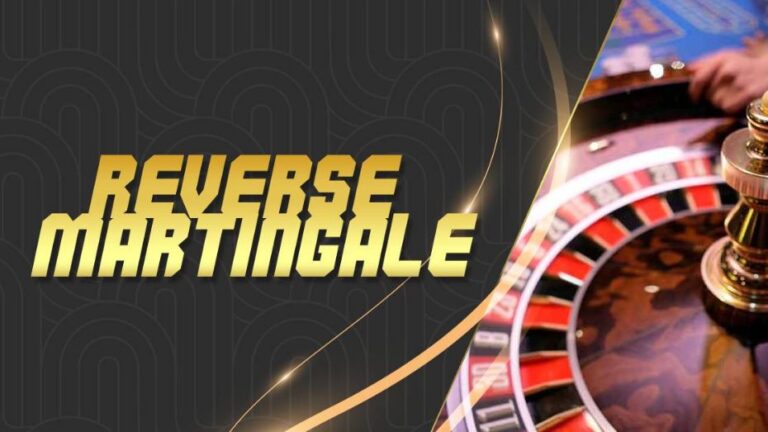Unveiling the Mastery of Fibonacci Betting in Online Casinos
The Fibonacci strategy stands as a well-known betting system designed for use in casino games and sports betting. Referred to as the Fibonacci sequence, this methodology involves the calculation of bets by adding particular numbers together. The primary objective is to recover previous losses and culminate in overall profits.

Curious about the reliability of the Fibonacci system for generating profits in the realm of online casinos and sportsbooks? Discover the answer by delving into our comprehensive guide on the Fibonacci betting system. This guide encompasses an in-depth exploration of how the strategy operates, supported by illustrative examples, valuable tips, and an analysis of its pros and cons. Additionally, you will gain insights into the specific games and sports wagers where this strategy proves effective.
What is the Fibonacci System?
The Fibonacci sequence serves as the foundation for a negative progressive betting system that dictates the number of units to risk on each bet. The mechanism involves adding the preceding two numbers in the sequence, which represent betting units, to determine the value of the subsequent wager. Following each loss, an additional number is added to the sequence, while two numbers are subtracted after every win.
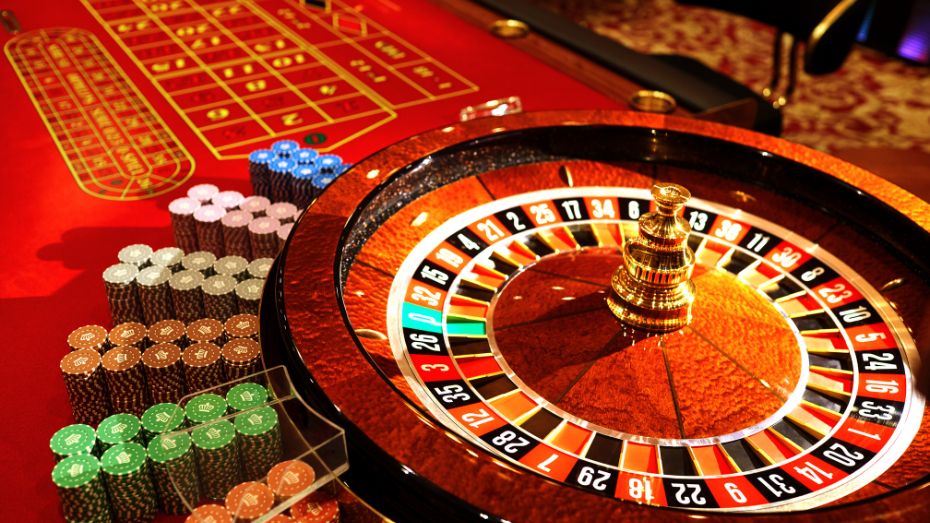
This betting strategy is most effective when applied to casino games that offer even money (1:1) payouts and boast close to a 50% probability of winning. Games like Baccarat, Blackjack, Craps, and Roulette align well with the Fibonacci system. Furthermore, sports bets featuring odds of -110 or -105 also align seamlessly with this approach.
The rationale behind favoring low-risk bets is twofold:
How Does the Fibonacci System Operate?
The Fibonacci system is represented by the sequence: 0, 1, 1, 2, 3, 5, 8, 13, 21, 34, 55, 89, 144, 233, 377, and so forth. This sequence is generated by continually adding the previous two numbers to derive the subsequent number, as demonstrated by the following mathematical progression:

0 + 1 = 1
1 + 1 = 2
1 + 2 = 3
2 + 3 = 5
3 + 5 = 8
5 + 8 = 13
8 + 13 = 21
13 + 21 = 34
and so on.
It is essential to note that the application of Fibonacci betting involves more than a simple addition of numbers. The sequence undergoes dynamic adjustments in response to wins and losses, creating a fluctuating pattern of added or subtracted numbers (representing units) throughout a betting session. Two brief examples illustrate this phenomenon:
Example #1
Example #2
In the first example, one number is added to the right after a loss, while the second example demonstrates the subtraction of two numbers from the left following a win.
There is no set limit on the duration for which you can employ the Fibonacci sequence for betting. Some players utilize it until they reach deeper into the sequence, at which point they revert to the beginning. This strategic approach ensures that players secure at least some winnings from their betting session.
Pros and Cons of the Fibonacci System
The Fibonacci system may appear promising as a betting strategy, but it’s crucial to assess the following advantages and disadvantages before embracing it fully.
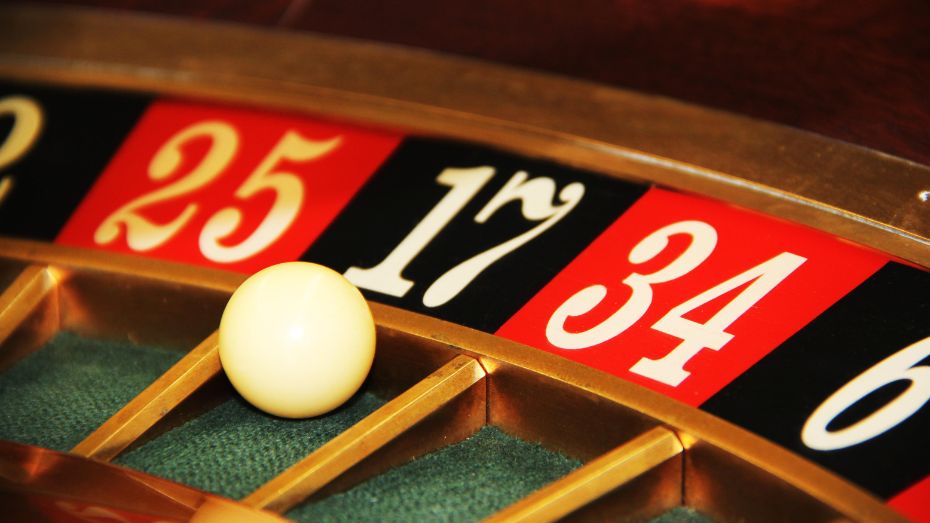
Pros
Cons
Fibonacci System Applied to Roulette
Roulette stands out as the favored casino game for enthusiasts of the Fibonacci system and other betting strategies. Notably, roulette provides a diverse array of even-money bets, setting it apart from many other casino games. The Fibonacci system can be effectively employed in various roulette wagers, encompassing:
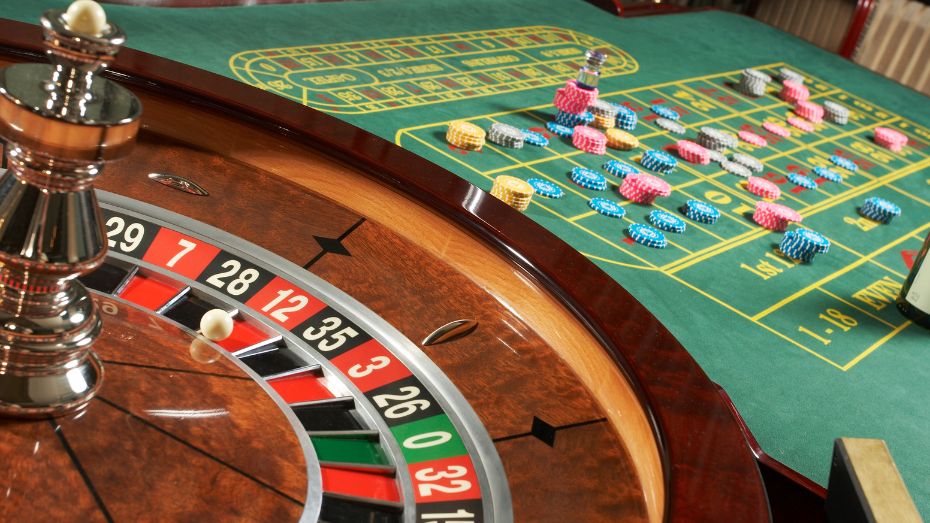
All these betting options are visibly displayed on the outer section of the roulette board. Whether engaged in live or online roulette, players simply position their chips on 1-18, 19-36, Even, Odd, a black space, or a red space. Each of these choices guarantees an even-money payout and presents a near 50% chance of winning.
After placing bets, the next phase involves awaiting the outcome as determined by the roulette wheel. A victorious outcome prompts the removal of two numbers from the Fibonacci sequence. Conversely, a loss results in the addition of one number, representing the combined sum of the two preceding digits, to the right of the sequence.
Fibonacci bettors must select their roulette game wisely, as different variations entail distinct house advantages. Optimal choices include French or European roulette, as demonstrated by their respective house edges:
American Roulette:
European Roulette:
French Roulette:
Fibonacci Betting Approach in Blackjack
With blackjack providing nearly a 50% chance of winning each hand (excluding pushes), it emerges as another favorable casino game for implementing the Fibonacci betting strategy.
In contrast to roulette, blackjack simplifies the betting process, eliminating the need to seek out specific bets. The approach involves placing a wager on either your hand winning or losing.
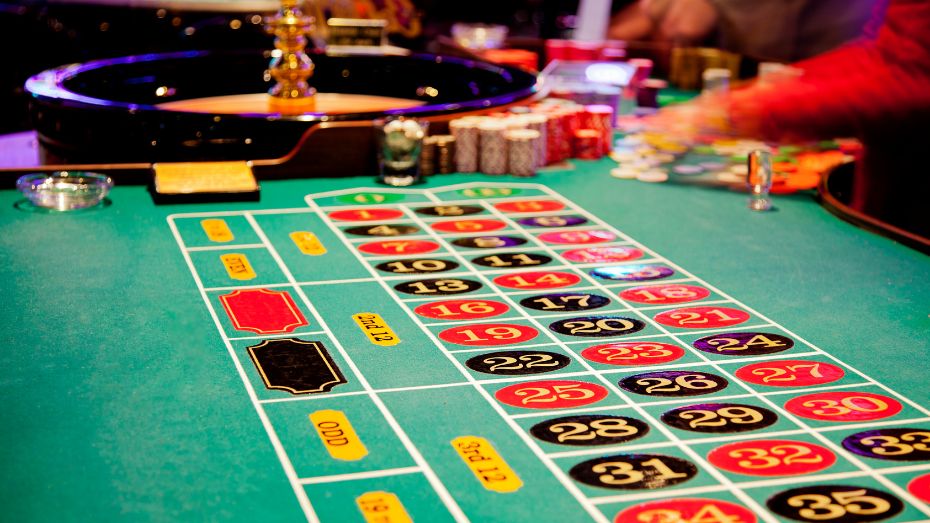
Despite the intricate aspects of blackjack hands, such as doubling down and splitting, both of which augment the original stake, there’s no necessity for a complex recalibration of the Fibonacci sequence based on hand outcomes. Instead, a straightforward strategy involves doubling the bet following a loss or resetting the sequence after a win. Consider the following example:
Fibonacci Betting in Various Casino Games
Expanding beyond roulette and blackjack, several other casino games prove to be excellent choices for applying the Fibonacci betting strategy. The key criterion is the availability of at least one even-money bet in each of these games:
Tips for Optimizing Your Experience with the Fibonacci System
To enhance your Fibonacci betting endeavors and, ideally, secure more wins, consider implementing the following tips:
Seek the Lowest House Edges
Certain casino games offer variations with varying house edges. A prime example is roulette, where French (1.35%) and European (2.70%) versions surpass the American game (5.26%). Don’t solely rely on the Fibonacci system; prioritize games with low house advantages.
Play Low Stakes
Mitigate the limitations of the Fibonacci system by commencing with the lowest available stakes. This precaution prevents potential issues with hitting table limits during a losing streak. Most online casinos allow you to engage in table games for as little as $1 per hand/round.
Be Realistic
While the Fibonacci system provides a robust gambling strategy, it is not foolproof. Unfavorable luck could lead to hitting table limits or even depleting your bankroll. Before initiation, comprehensively understand the associated risks of this system.
Leverage Online Casino Bonuses
Many online casino bonuses encompass table games such as blackjack and baccarat. Utilize these promotions to bolster your Fibonacci winnings. Additionally, most gaming platforms reward real-money play with VIP perks.
Know When to Take Profits
Although the Fibonacci system is successful in the majority of cases, it is not immune to downturns that may result in substantial losses. Prevent such scenarios by strategically cashing out profits when you find yourself in a favorable position.
FAQs
Conclusion
In conclusion, the Fibonacci betting system offers a compelling strategy for online casino enthusiasts, providing a nuanced approach to risk management and profit generation. While its application in various games, such as Roulette and Blackjack, showcases versatility, users must carefully weigh the system’s pros and cons, understand its dynamics, and implement strategic tips to optimize their experience and safeguard against potential losses. Whether seeking an exhilarating gambling experience or a calculated approach to minimizing risks, the Fibonacci system stands as a noteworthy tool for those navigating the dynamic realm of online casinos.






